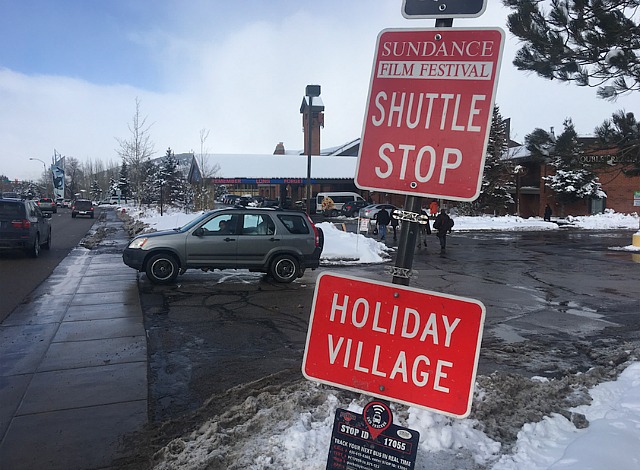After four days of the 2018 Sundance Film Festival, I’m tempted to call it weak tea. So far there’s been no Call Me By Your Name, no Mudbound, no Big Sick. By my sights the only moderately pleasing narrative films have been Tamara Jenkins‘ lightly comedic Private Life and Jessie Peretz‘s Juliet, Naked. And that’s it.
Update: I saw Lynne Ramsay‘s You Were Never Really Here late Sunday evening, and it’s easily the strongest film — half narrative, half fever-dream — I’ve seen so far in Park City, hands down. It’s bloody and gooey, bothered and nihilistic, but it’s so beautifully shot and unto itself, so self-aware and finely controlled — an arthouse rendering of a Taken-style flick.
Otherwise this festival seems to be largely about “woke”-ness and women’s agenda films — healings, buried pain, social ills, #MeToo awareness, identity politics, etc. Sundance ’18 is like being at a socialist summer camp in the snow.
Headstrong critics have been embracing this or that narrative film and trying to make hay, but generally speaking the ones I’ve seen (or have read or heard about from trusted colleagues) have fallen under the headings of “not bad, awful, meh, fair” or “extremely tough sit”…none have that special propulsion.
You can’t count Mandy, the Nic Cage wackjob thing. Too specialized, cultish, bloody.
Tweeted last night by MCN’s David Poland: “Sundance has never really been a sausage party, as films go. It’s also embraced inclusion for decades. The festival business is changing…full stop. The crazy amounts streaming companies are paying is one thing. But also, high-quality unseen product gets more and more rare.”
So far the only films I’ve felt truly touched and levitated by are three highly intelligent, smoothly assembled but very conventional documentaries — Susan Lacy‘s Jane Fonda in Five Acts, Marina Zenovich‘s Robin Williams: Come Inside My Mind and especially Matt Tyrnauer‘s Studio 54.
I’m pretty familiar with the Studio 54 saga (I went there three or four times in ’78 and again in the early ’80s after it reopened under Mark Fleischman), but Tyrnauer’s doc has landed the elusive Ian Schrager, one of the two founding partners of this legendary after-hours club (the other being the late Steve Rubell). This perspective alone is worth the price.
The film itself is a brilliant, levitational recapturing of a quaalude dreamland, a pre-Reagan, pre-AIDS vibe, a culture of nocturnal abandon that bloomed and thumped and carried everyone away but is long past and gone forever. (Naturally.) It’s sadly beautiful in a certain way.
I liked Studio 54 so much I’m thinking of catching it a second time on Friday morning, just before I leave town.
I wish I could say I’ve been aroused or energized by something more daring, but so far the reachy stuff has felt flat or frustrating or slightly disappointing. Tell me I’m wrong.

